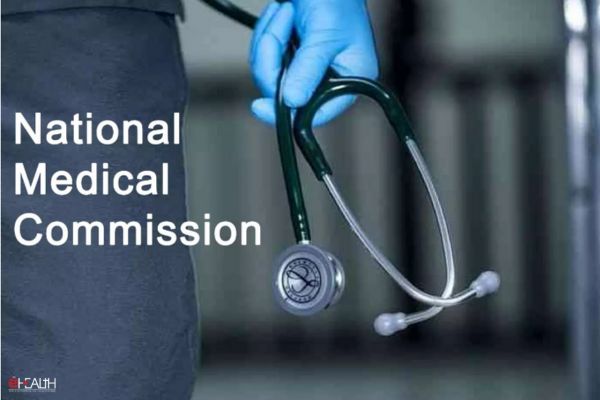
The National Medical Commission (NMC) announced that in order to practice medicine in the nation, all doctors will need to get a unique identity number (UID). The NMC’s ethics board will create a special ID, give practitioner registration, and determine if a person is qualified to practice medicine in India.
According to the NMC announcement “Regulation of Medical Practitioners and Licence to Practise Medicine Regulations, 2023,” the Ethics and Medical Registration Board of the NMC would maintain a common national medical registration (NMR) for all of the country’s registered medical practitioners.

All State registrations maintained by the State Medical Councils will have listings of registered medical practitioners in the national medical register (NMR). Additionally, it will include details about the doctor, such as the doctor’s specialisation, year of graduation, university, name of the institution(s) from which the qualification(s) were earned, and place of employment (name of hospital/institute).
Anyone can access the NMR by visiting the NMC’s official website at www.nmc.org.in. The NMR will include information like the registration number, name, father’s name, date of registration, place of employment (hospital or institution), medical degree including any additional medical degrees, specialty, year of passing, university, and name of the institution(s)/university(s) from which the degree was obtained.
The announcement further specifies that the medical license must be renewed every five years. The practitioner is required to apply for this at the State Medical Council. Three months before the license’s validity expires, a request for renewal of the license must be submitted.

“EMRB, NMC, shall charge no fee for the purpose of updating the license of such medical practitioner,” the notification stated.
Within 30 days of receiving a decision from the State Medical Council rejecting their application for a license to practice or a license renewal, practitioners may also appeal the decision with the Ethics and Medical Regulation Board.
The original application filed with the State Medical Council, a copy of the communication received from the State Medical Council, a written application outlining the reasons for rejection, and a processing fee payable to the Secretary, the National Medical Commission (NMC), must be included with this appeal. The EMRB will then review the appeal and reach a decision within 30 days.
If the EMRB upholds the appeal, it might issue a directive to the State Medical Council authorising the applicant to practice. The State Medical Council is obligated by this order to give the practitioner’s license within 15 days of receiving it from the EMRB.
If the EMRB denies the first appeal within 60 days of receiving notification of it from the EMRB, the practitioner may also file a second appeal with the NMC.
Be a part of Elets Collaborative Initiatives. Join Us for Upcoming Events and explore business opportunities. Like us on Facebook , connect with us on LinkedIn and follow us on Twitter , Instagram.












